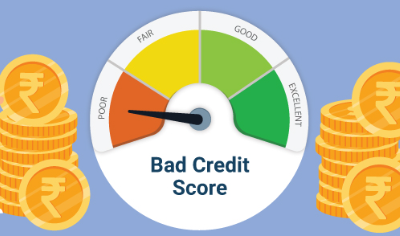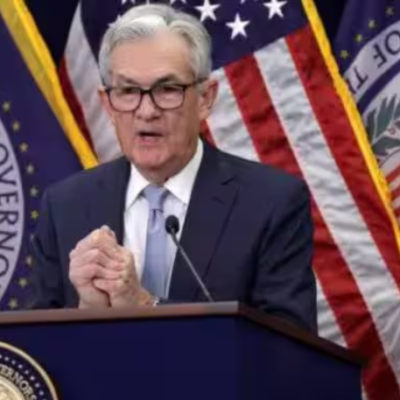Inflation is a fundamental economic concept that refers to the general increase in prices of goods and services over time. Understanding inflation and its effects is essential for individuals, businesses, and policymakers alike, as it can have significant implications for the economy, consumers, and investors. In this comprehensive guide, we’ll delve into the intricacies of inflation, its causes, effects, and strategies to navigate its impact effectively.
1. What is Inflation?
Definition and Measurement:
- Definition: Inflation is the rate at which the general level of prices for goods and services is rising, resulting in a decrease in purchasing power over time.
- Measurement: Inflation is typically measured using various economic indicators, including the Consumer Price Index (CPI), Producer Price Index (PPI), and Personal Consumption Expenditures (PCE) index.
2. Causes of Inflation
Demand-Pull and Cost-Push Factors:
- Demand-Pull Inflation: Occurs when aggregate demand exceeds aggregate supply, leading to increased consumer spending and upward pressure on prices.
- Cost-Push Inflation: Arises from increases in production costs, such as wages, raw materials, or energy prices, causing businesses to raise prices to maintain profitability.
3. Effects of Inflation
Impact on Consumers and Businesses:
- Decreased Purchasing Power: Inflation erodes the purchasing power of money, reducing the amount of goods and services that can be purchased with a given amount of currency.
- Income Redistribution: Inflation can lead to wealth redistribution, with lenders and savers experiencing losses in real terms, while borrowers benefit from reduced debt burdens.

4. Inflation and Investments
Implications for Investment Portfolios:
- Impact on Asset Prices: Inflation can affect the value of stocks, bonds, real estate, and other assets, with certain investments offering better protection against inflation than others.
- Nominal vs. Real Returns: Investors need to consider both nominal returns (actual returns) and real returns (returns adjusted for inflation) when evaluating investment performance.
5. Managing Inflation Risk
Strategies to Mitigate Inflation Effects:
- Diversification: Investing in a diversified portfolio of assets, including inflation-hedging assets such as commodities, real estate, and Treasury Inflation-Protected Securities (TIPS).
- Adjusting Spending and Saving Habits: Adopting prudent spending and saving habits can help individuals mitigate the impact of inflation on their finances over the long term.
Conclusion
Inflation is a pervasive economic phenomenon that can have far-reaching effects on individuals, businesses, and the overall economy. By understanding the causes and effects of inflation and implementing prudent financial strategies, individuals and investors can navigate inflationary environments effectively and preserve their purchasing power over time.





